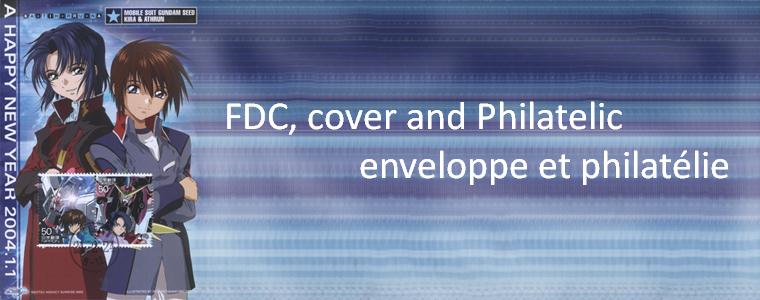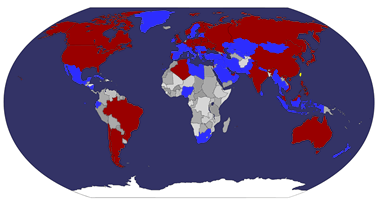Le 4 juin 1989 - le Vingtième Anniversaire des Élections Mémorables

4 June 1989.
The Twentieth Anniversary of the Memorable Elections.
4 June 2009 marks the twentieth anniversary of the exceptional elections in our country. It is worth reminding, especially younger generation, how momentous this event was and how enthusiastically it was received by the citizens who, the day after the elections, could not believe what just happened. The Warsavians gathered at Pl. Konstytucji (eng: Constitution Square) where the Headquarters of the Citizen's Committee could be found. The Committee comprised activists of "Solidarność" and opposition. The posters featured photographs of the candidates that got into the Polish parliament. The elections for the Sejm allowed 35% parity for the opposition, and the elections for the Senate were free. What came as a complete surprise was the unprecedented result of the elections for the Senate in which the opposition took 99 seats out of 100 possible.
Before it All Began...
Since the end of the World War II and acceptance of unfavourable conditions of the Yalta Agreement, Polish people could not resign themselves to the imposed regime. Poland became a country which was heavily reliant upon the mighty Union of Soviet Socialist Republics. The reliance demonstrated itself in, among others, allocating all the political and economic executive power to the United Workers' Party (dissolved in January1990) and the presence of the Soviet Army in Poland. At the end of its stay, this huge army occupied 707 km2, and numbered 53 000 of soldiers and 7 500 of civil workers. One of the priorities of the opposition was to make the Soviet soldiers withdraw from our country. The withdrawal began on 8 April 1991 finished at the end of 1993.
Censorship...
This hated institution was ubiquitous. Yet, not everybody was aware of its severity. It formally functioned from 5 July 1946 as the Central Office for Control of the Press, Publication and Entertainment (Central Office for Control of the Publication and Entertainment since 1981). The activity of the censorship varied, and did not only consist in interfering in texts of articles, books or speeches but also songs and any sort of, even the smallest, prints such as, for example, labels. All the radio and television broadcasts, and after 1981 also radio sermons preached during holy masses were censored. Foreign radio stations such as Free Europe or Voice of America were found legally invalid by the state and jammed. The censorship also involved telephone tapping, which was a particularly prevalent phenomenon during the martial law. The abolition of censorship took place in 1989 causing Polish people to regain freedom of speech.
Strikes and Establishment of Solidarność
Oppressive activities towards the citizens, economic negligence and violation of workers' rights resulted in numerous protests over the years. One of the most famous strikes was that of Gdańsk shipyard workers in 1980. The workers (including those from Gdynia and Szczecin) who fought for their rights and free and independent unions that were supposed to represent them allied with other strike committees creating the Independent and Self-Governing Trade Union "Solidarność". Their requirements and expectations were included in 21 postulates posted up on the shipyard's gates. The strike instigated a wave of workers' strikes across the whole Poland, which was supported by intelligentsia and youth. The strikes finished up with the August Agreements. Next step to be taken was the official registration of NSZZ "Solidarność" by the District Court in Warsaw on 10 November 1980. Soon "Solidarność" came to have 10 million of members becoming a force the authorities had to reckon with. The sessions of the Round Table that took place between 6 February and 5 April 1989 resulted in re-registration of the proscribed during the martial law "Solidarność" and restricted elections for the Sejm and free elections for the Senate. That was the first step towards democratization of the country, which was followed by the abolition of censorship and the withdrawal of the Soviet soldiers. The next steps to be seen were the entry to NATO (1999) and the European Union (2004)










.jpg)






















 taiwan
taiwan  cover or postcard
cover or postcard  FDC
FDC 






























































































No comments:
Post a Comment